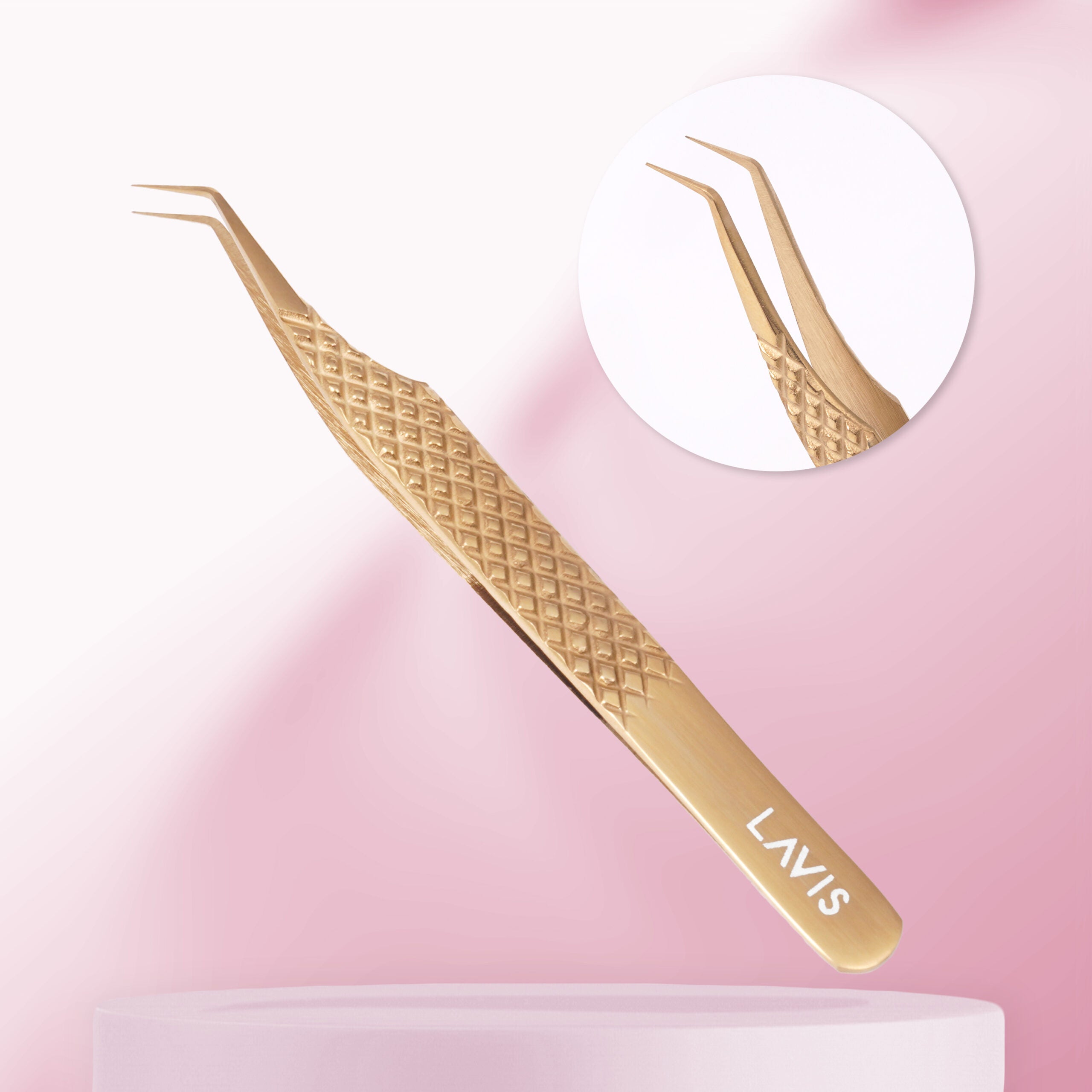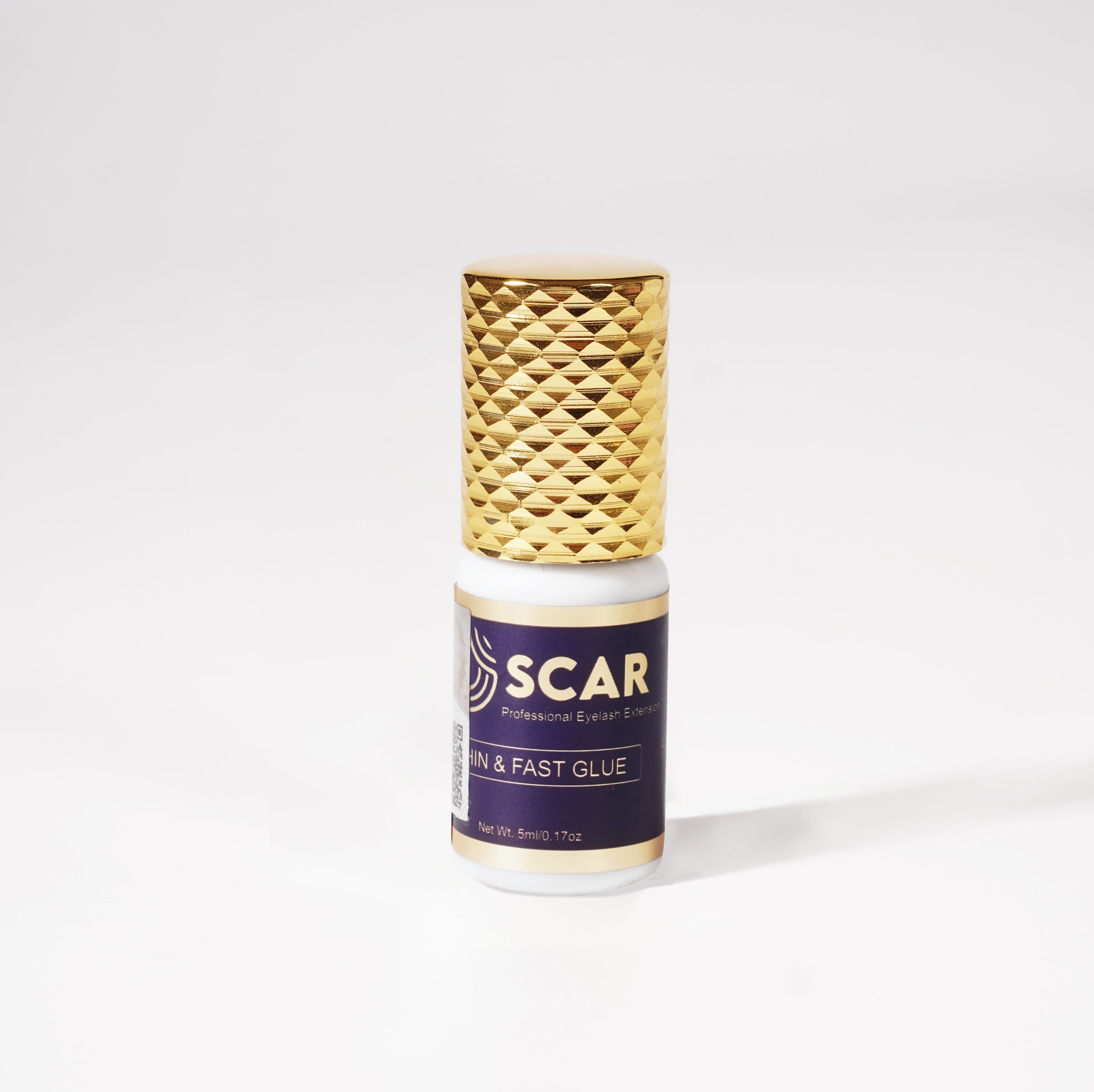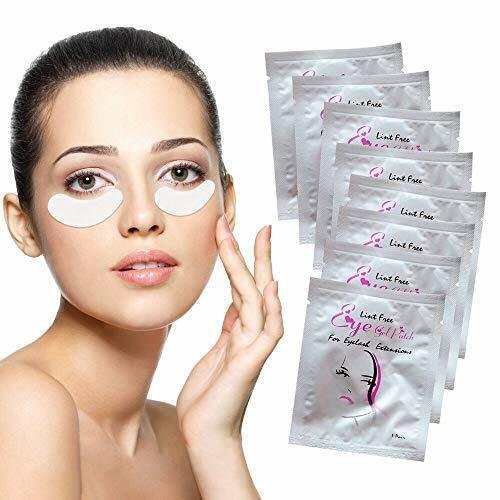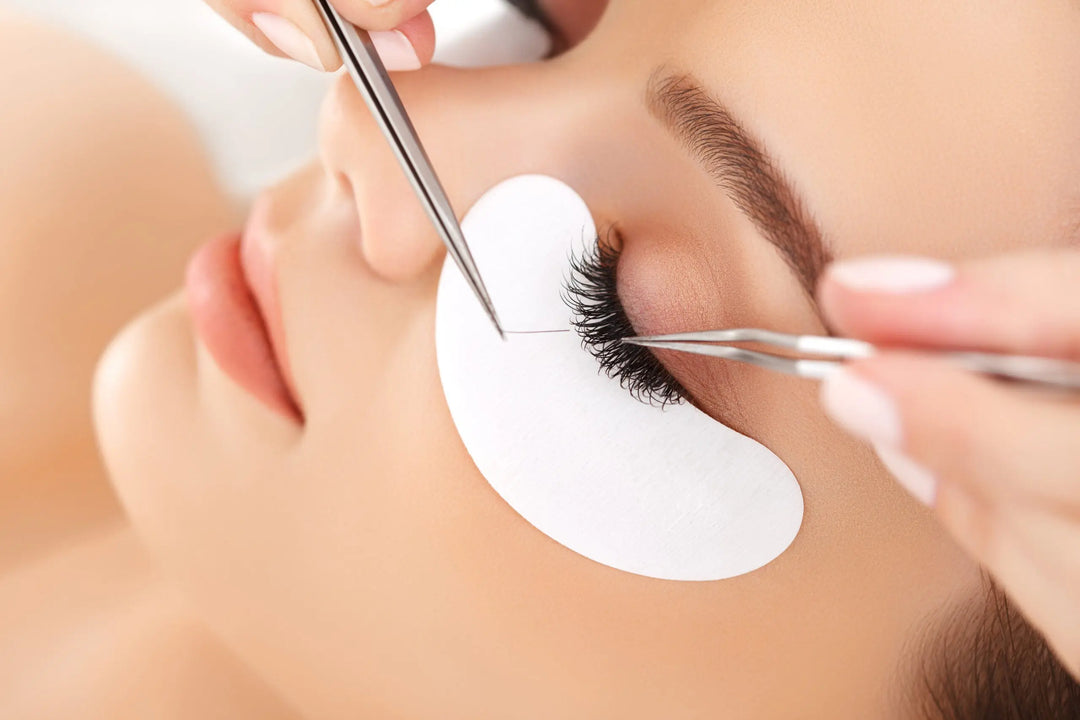Could Your Client Have an Allergy to Lash Extensions? Discover Now!
Put your clients' comfort first: no lashes for allergy or irritation, take action now!
Alright, let's talk about something really important when it comes to applying lash extensions. You should never put them on clients who are allergic or show signs of irritation. Trust me, it's not worth the trouble. Here's the deal: some clients might be fine with lash extensions for years and then suddenly start getting all itchy and irritated. It happens, and we need to be responsible professionals who put our clients' well-being first. If you notice any signs of irritation, it's absolutely irresponsible to keep going with the treatment. Not only is it unethical, but it also opens up a huge can of legal worms.
 SEE MORE: Caring for Your Lash Extensions: What to Know in the First 24 Hours
SEE MORE: Caring for Your Lash Extensions: What to Know in the First 24 Hours
 To avoid any unnecessary complications, it is important to carefully choose the tools for lash application, from lash pads to tweezers and lash brushes.
LavisLash takes pride in providing you with the best products and delivering the finest customer experience for your services.
Oh, and one more thing: never ever try to play doctor or pharmacist. It's not your job to recommend medications or creams to ease the symptoms. Seriously, it's a terrible idea. You're not qualified for that kind of stuff, and the legal consequences could be extremely awful. Don't risk your entire business just to please one client who clearly shouldn't be getting lash extensions. Got it? Good!
Always keep in mind that your clients' well-being is paramount. So let's be responsible lash artists and do right by them.
Count on LAVISLASH for professional support along the way!
DISCOVER OUR WORLD OF LASHES!
To avoid any unnecessary complications, it is important to carefully choose the tools for lash application, from lash pads to tweezers and lash brushes.
LavisLash takes pride in providing you with the best products and delivering the finest customer experience for your services.
Oh, and one more thing: never ever try to play doctor or pharmacist. It's not your job to recommend medications or creams to ease the symptoms. Seriously, it's a terrible idea. You're not qualified for that kind of stuff, and the legal consequences could be extremely awful. Don't risk your entire business just to please one client who clearly shouldn't be getting lash extensions. Got it? Good!
Always keep in mind that your clients' well-being is paramount. So let's be responsible lash artists and do right by them.
Count on LAVISLASH for professional support along the way!
DISCOVER OUR WORLD OF LASHES!
SOME COMMON SIGNS OF ALLERGY/ IRRITATION:
- Itching: Clients may experience persistent or frequent itching around the lash line or on the eyelids.
- Redness: The area around the lash line or eyelids may appear red or inflamed.
- Swelling: Clients may notice swelling or puffiness around the eyes.
- Burning or stinging sensation: Some individuals may feel a burning or stinging sensation in the eyes or on the eyelids.
- Watery eyes: Excessive tearing or watery eyes can be a sign of irritation.
- Discomfort: Clients may experience general discomfort or a feeling of heaviness on the eyelids.
- Sensitivity to touch: The lash line or eyelids may be tender or sensitive to touch.
- Dryness: The skin around the eyes may feel dry or dehydrated.
 SEE MORE: Caring for Your Lash Extensions: What to Know in the First 24 Hours
SEE MORE: Caring for Your Lash Extensions: What to Know in the First 24 Hours
WHAT SHOULD YOU DO WHEN CAUGHT OF ALLERGIC REACTION?
So, what should you do if you suspect your client is having a reaction? Let me break it down for you:- Stop applying those lash extensions right away.
- Get rid of them using a remover gel or cream, as long as the client's skin isn't super angry, raw, or compromised.
- If their skin is irritated or not doing so great, try the banana peel technique to remove the extensions.
- Give their eyes and the surrounding area a good cleanse with some lash shampoo. Of course, this is assuming their skin isn't overly irritated, raw, or compromised. This step will help wash away any icky VOCs that have settled on their skin.
- Advise your client to see their doctor or eye specialist as soon as possible. It's better to be safe than sorry.
 To avoid any unnecessary complications, it is important to carefully choose the tools for lash application, from lash pads to tweezers and lash brushes.
LavisLash takes pride in providing you with the best products and delivering the finest customer experience for your services.
Oh, and one more thing: never ever try to play doctor or pharmacist. It's not your job to recommend medications or creams to ease the symptoms. Seriously, it's a terrible idea. You're not qualified for that kind of stuff, and the legal consequences could be extremely awful. Don't risk your entire business just to please one client who clearly shouldn't be getting lash extensions. Got it? Good!
Always keep in mind that your clients' well-being is paramount. So let's be responsible lash artists and do right by them.
Count on LAVISLASH for professional support along the way!
DISCOVER OUR WORLD OF LASHES!
To avoid any unnecessary complications, it is important to carefully choose the tools for lash application, from lash pads to tweezers and lash brushes.
LavisLash takes pride in providing you with the best products and delivering the finest customer experience for your services.
Oh, and one more thing: never ever try to play doctor or pharmacist. It's not your job to recommend medications or creams to ease the symptoms. Seriously, it's a terrible idea. You're not qualified for that kind of stuff, and the legal consequences could be extremely awful. Don't risk your entire business just to please one client who clearly shouldn't be getting lash extensions. Got it? Good!
Always keep in mind that your clients' well-being is paramount. So let's be responsible lash artists and do right by them.
Count on LAVISLASH for professional support along the way!
DISCOVER OUR WORLD OF LASHES!





Leave a comment